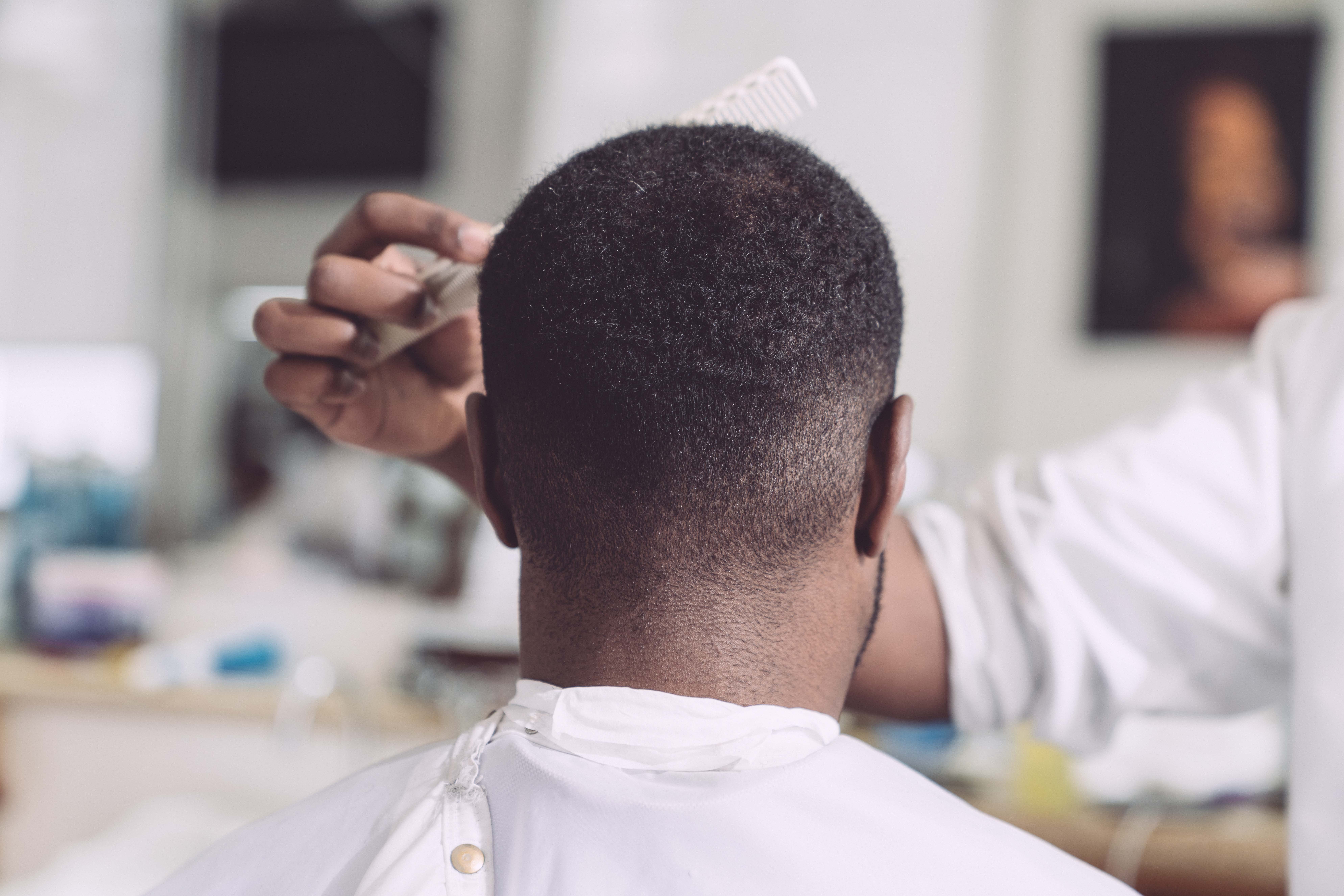ANOTHER CHANCE TO GET IT RIGHT: THE CONCERN FOR AFRICAN AMERICAN SMALL BUSINESSES RESILIENCE DURING THE PANDEMIC

The contribution and importance of small businesses to the nation’s economy is well-researched and understood; for minority-owned small businesses the impact and significance will be even greater during the COVID-19 Pandemic. Not only will minority-owned small businesses be needed to help drive job re-creation, raise wages, and elevate better standards of living, they will also be a critical pathway for Black and Hispanic populations to close the racial wealth gap as we emerge from this crisis.
Abundant, successful, and growing black-owned small businesses will be a critical component to economic development and community revitalization. And as we plan for future rounds of stimulus and recovery funding, it is very important to note that the public does not have anywhere near sufficient access to small business financing data, including lending data. There are no reporting requirements for small business lending similar to those for mortgage lending under the Home Mortgage Disclosure Act (HMDA), and the Community Reinvestment Act (CRA) does not require small and mid-sized banks, credit unions, or community development financial institutions to report their small business lending activity. The National Urban League will eagerly plug into the data networks required to gauge lender progress and commitment.
Why do African Americans and Latinos have higher barriers to accessing capital compared to the general population and other racial and ethnic groups? This unfortunate reality has already been brought to bear during the early waves of the Pandemic, but the National Urban League is pleased to be an active partner in the ABP Initiative to address this dynamic head-on. Through this innovative national platform, African American small business owners and entrepreneurs who are professionally experienced, and (perhaps most importantly) have access to social and capital networks will be positioned to succeed.
The National Urban League’s experience in the entrepreneurship and small business assistance sector affirms the notion that a culmination of cultural barriers has created a trust gap—African Americans are weary of banks and other financial institutions. The experience and expectation of bias discourages small business owners from seeking financing in the first place. For minority women, the added pressure as an entrepreneur of color, who is also female, to prove herself and the value of her work and ideas heightens the trust gap. All of these structural pathologies will be put to the test in the coming months and years.
To counteract these forces, NUL will actively work through its affiliates to improve transparency and efficacy of African American small business lender engagement by customizing technical assistance and business retention services.
We believe these core strategies will go a long way towards retaining the abundant and successful –black-owned small businesses needed to drive job creation, higher wages, and wealth accumulation in urban America as we move through and emerge from the COVID-19 public health and financial crisis.
For more on our work to relieve families impacted by COVID-19, check out our campaign the Urban League Fights for You.

